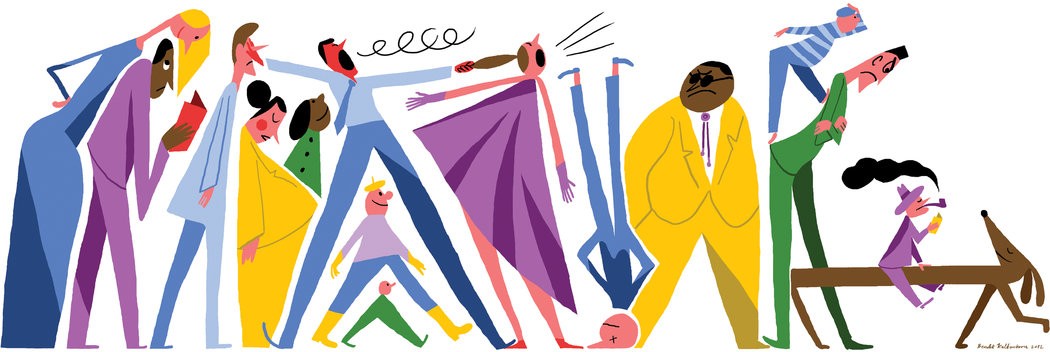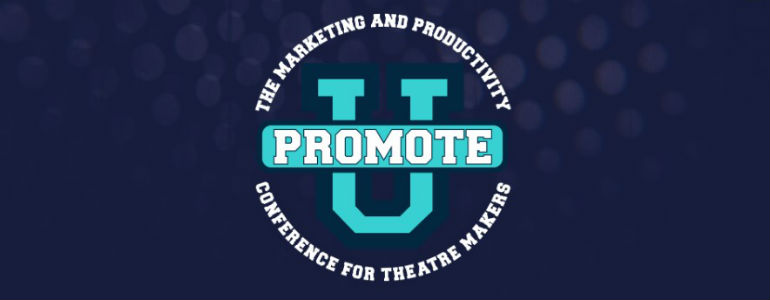I wish I spoke more languages.
I’ve been dialogue-deep in translations of foreign productions of My First Time lately. Latest to cross my desk was the Korean version, which opens on January 3rd.
One of the most powerful stories in My First Time is about a young woman who gets pregnant after some “friends” mislead her about the effectiveness of using a certain carbonated beverage as a contraceptive. At the end of the monologue, the woman reveals that she had an illegal abortion (it was the ’60s) that cost $1500. And when she got her license, her father told her that she “could have gotten a car but the money went someplace else instead . . . a 1968 Fiat 500 cost $1,465.”
The Korean translator remarked that a direct translation of this monologue might prove difficult. His reasoning was that . . .
Coca-Cola was for a very limited group of people and with $1,465 US dollars we could have bought a house in Korea at that time.
Funny, right? Sure, but it’s also a fantastic reminder of how difficult it can be to make our words and concepts jump overseas.
How much you adapt and change your message and material to fit each new environment depends on you and it depends on the flexibility of the material.
But I will say this, if someone is kind enough to invite me into their home, and they want me to take my shoes off before I enter, then I leave my loafers at the door.
Here’s a NY Times blurb about the translation of Altar Boyz to Korean, and just for a fun, a YouTube of the Korean Altar Boyz themselves (imagine how difficult it was to describe a Jewish character in a country where Judaism is almost non-existent).
Podcasting
Ken created one of the first Broadway podcasts, recording over 250 episodes over 7 years. It features interviews with A-listers in the theater about how they “made it”, including 2 Pulitzer Prize Winners, 7 Academy Award Winners and 76 Tony Award winners. Notable guests include Pasek & Paul, Kenny Leon, Lynn Ahrens and more.

















